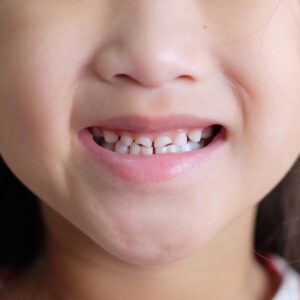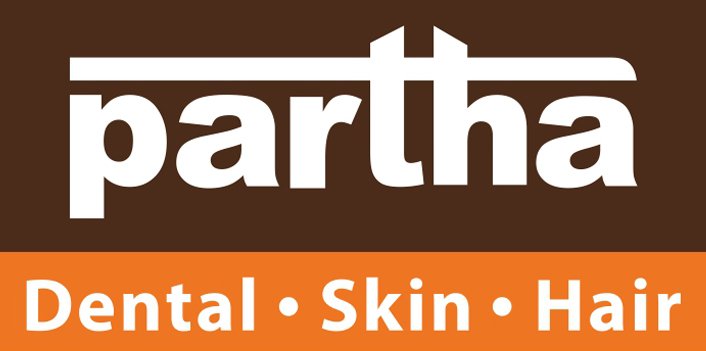Chipped Teeth: Despite the fact that enamel is the body’s hardest tissue, it is relatively easy to chip a tooth. In addition to biting on something hard or falling and hitting your mouth at the right angle, dental conditions such as tooth decay or night teeth grinding (bruxism) can cause a tooth to chip. If you have recently chipped a tooth, it is important that you are aware of the potential problems that may arise.
Potential Issues of Chipped Teeth:
- Sharp edges can cause cuts to your cheeks, tongue, and gums.
- Deep chips can damage the tooth’s root, resulting in infections or toothaches.
- Deep chips can lead to tooth decay, sensitivity, and bad breath.
- Chips of all sizes can grow into larger problems, necessitating root canals or extractions.
Do not ignore the size of the chip, whether small or large, and seek dental help immediately. The reason for this is that when a tooth is broken, it exposes nerves, which causes tooth sensitivity, which hurts even more.
A completely broken tooth is simple to repair. You can even try it at home.
You can replace broken or knocked teeth by following the steps:
- Make sure to clean the tooth and hold it by the crown. Touching any exposed nerve could cause ligament damage.
- Try to put the tooth back into its socket. Gently bite it for a few seconds to hold it.
- There will be times when you will be unable to replace it, so soak it in milk, warm water, saliva, or between your gum and cheek.
- Contact your dentist or go to the nearest emergency room. The dentist will replace the missing teeth, and you will have your tooth back.
However, if you have been in an accident and have a chipped tooth, you should not be concerned. You can try any of the treatments listed below:
- Dental Bonding: Most chipped teeth can be repaired with dental bonding. During treatment for this condition, your dentist will fill the chipped portion with resin that matches the color of your teeth and reshape it to match the shape of your teeth.
- Enamel Shaping: It is similar to dental bonding in many ways. However, instead of using composite resin to repair chipped teeth, dentists reshape the existing ones. As a result, a portion of the teeth is reshaped or recontoured, smoothing out the imperfections.
- Veneers: When damage is beyond repair and chipped teeth cannot be repaired with Bonding or Enamel Shaping, veneers are used. Veneers are used to cover the surface of the front teeth.
- Root Canal: This dental treatment is extremely effective for repairing chipped teeth. This is usually done if there is some pain in the injured area.
- Tooth extraction: It is a last resort. Only performed when the tooth cannot be saved. However, you should not be concerned because Dental Implants can be used to replace missing teeth.
It has always been said that prevention is better than cure, so you could try some preventive measures to avoid having your teeth chipped.

Avoiding a chipped tooth:
- The first step in avoiding a chipped tooth is to practice good oral hygiene. Keeping your teeth free of cavities and decay can help you maintain strong tooth enamel.
- If you participate in sports, you should wear a mouthguard to protect your teeth. Your dentist can assist you in getting a mouthguard that fits properly.
- Athletes are particularly vulnerable to facial injuries. Teeth can be saved by wearing protective equipment.
- If you have nervous habits like biting your nails or chewing on your pen cap, you are more likely to have a chipped tooth. You might want to try squeezing a stress ball instead.
- You should avoid chewing ice and hard lollipops. We understand that a hard sweet every now and then can be a nice treat, but resist the urge to bite and break the candy.
Even if you do everything possible to keep your teeth from chipping, accidents happen. If you find yourself in this situation, call Partha dental and we will be happy to assist you.




